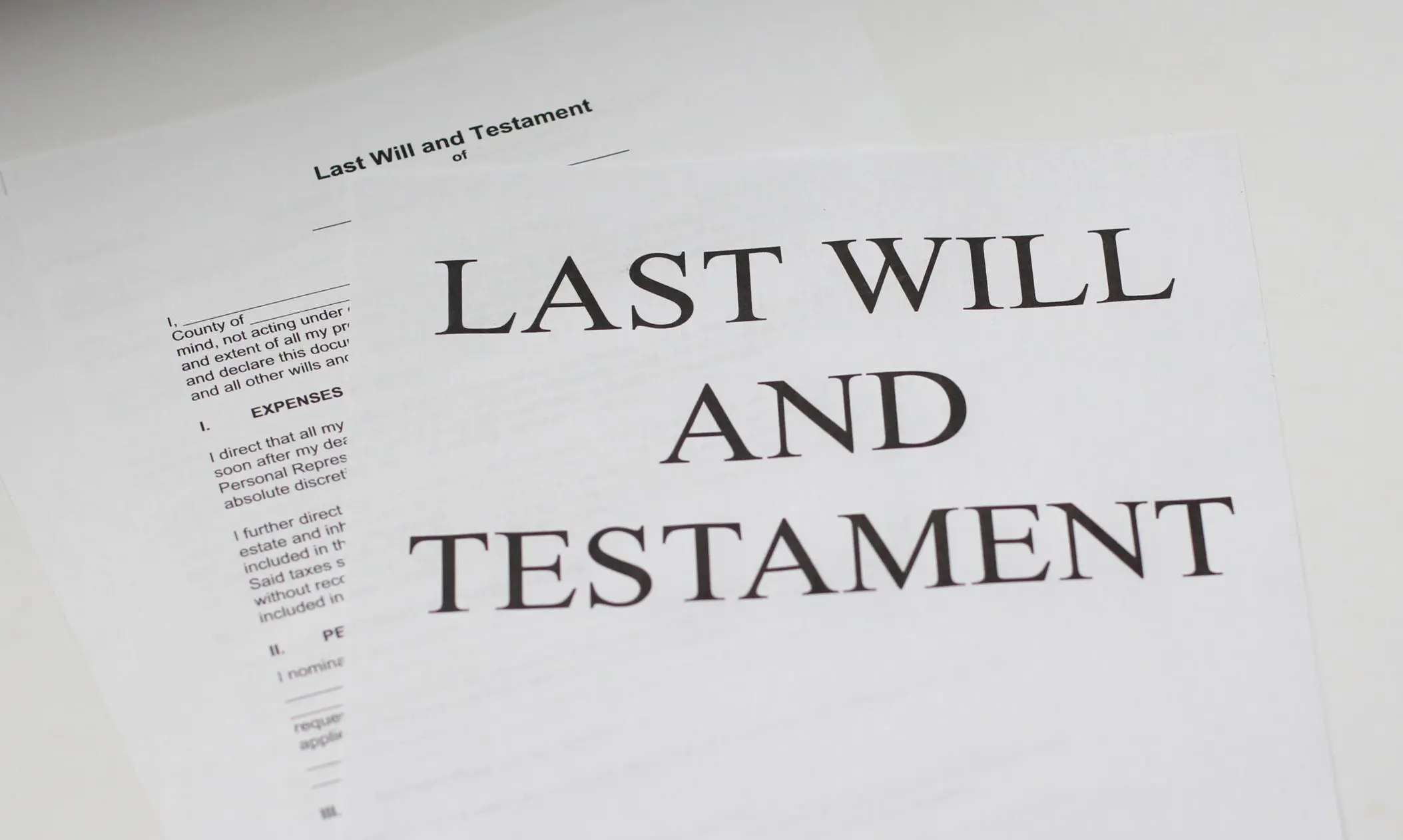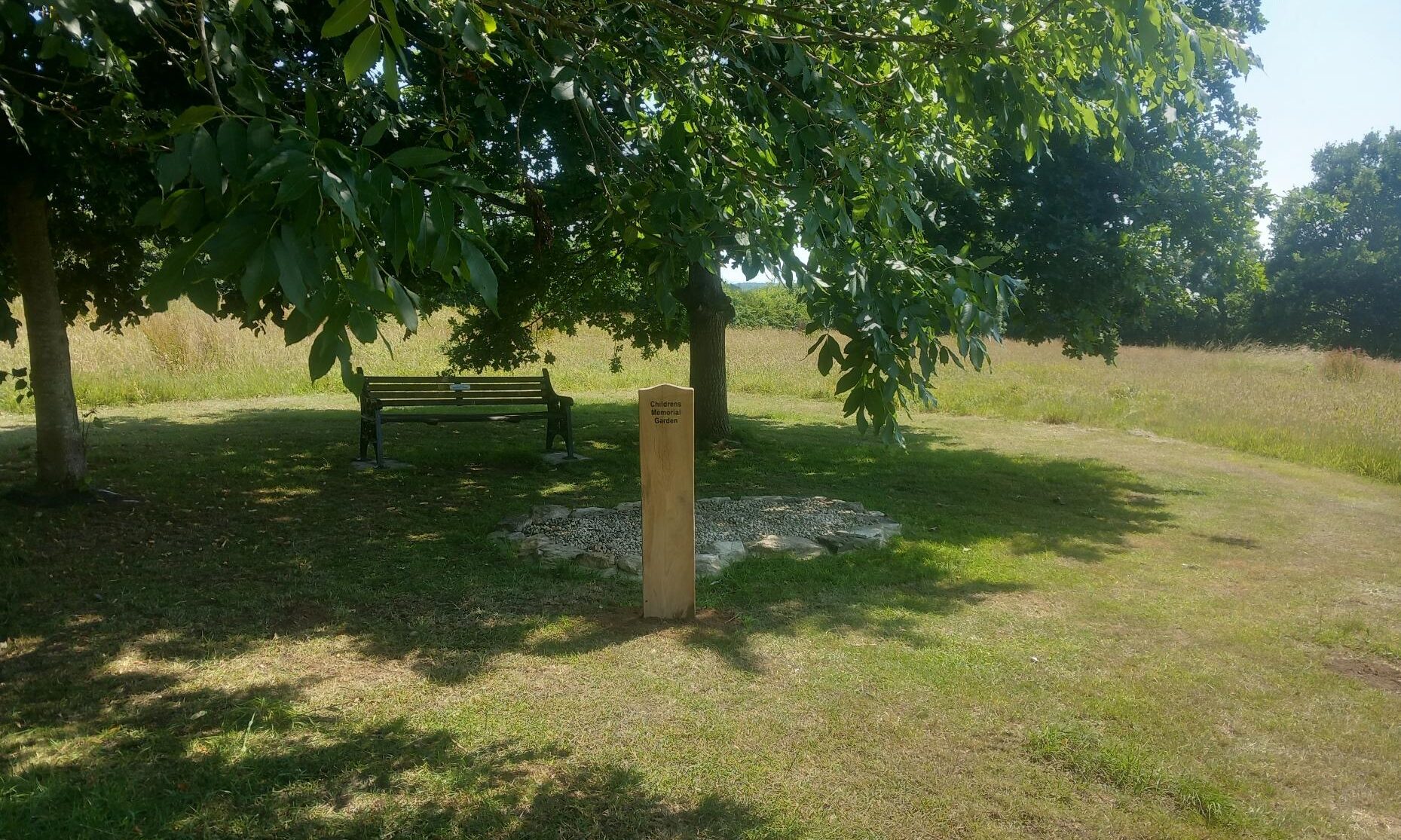Register to get 1 free article
Reveal the article below by registering for our email newsletter.
Want unlimited access? View Plans
Already have an account? Sign in
Nearly half of adults in the UK and the US would trust artificial intelligence to help write their will, according to a new survey, but comparison platform Funeral Guide warns the risks could leave families facing disputes and financial stress.
The study, conducted by research agency Perspectus Global and legal intelligence platform Robin AI, polled more than 4,100 people and found that 47% of respondents were comfortable using AI to draft or assist with their final wishes, citing convenience and low cost as key reasons.
However, legal professionals say the complexity of wills means human expertise remains essential. Mistakes or omissions could render a will invalid or lead to costly court cases.
The survey highlights growing public interest in so-called “death tech”, with many people already turning to online tools for funeral planning and digital memory vaults.
According to experts, the stakes are higher when it comes to wills, especially for those with complex estates, blended families or overseas assets.
Common problems with AI-generated or do-it-yourself wills include incorrectly witnessed documents, unclear wording, failure to name guardians for children, and overlooking digital assets such as cryptocurrency and online accounts.
Ed Gallois, managing director of Funeral Guide, said: “Writing a will is far more than simply deciding who inherits what – it involves understanding complex family relationships, tax implications, and precise legal language.
“Artificial intelligence may generate a document, but it cannot grasp the nuance of real-life situations, no matter if that is an estranged relative, a financially vulnerable beneficiary, or ensuring a beloved pet is properly cared for after your passing. Even small mistakes, such as missing a signature, failing to appoint an executor, or using incorrect wording, can lead to a will being contested or completely disregarded during probate.”
He added: “People often underestimate how much their estate is worth or overestimate how simple their wishes are. A badly written will can create more stress and cost for your loved ones at the worst possible time.”


















